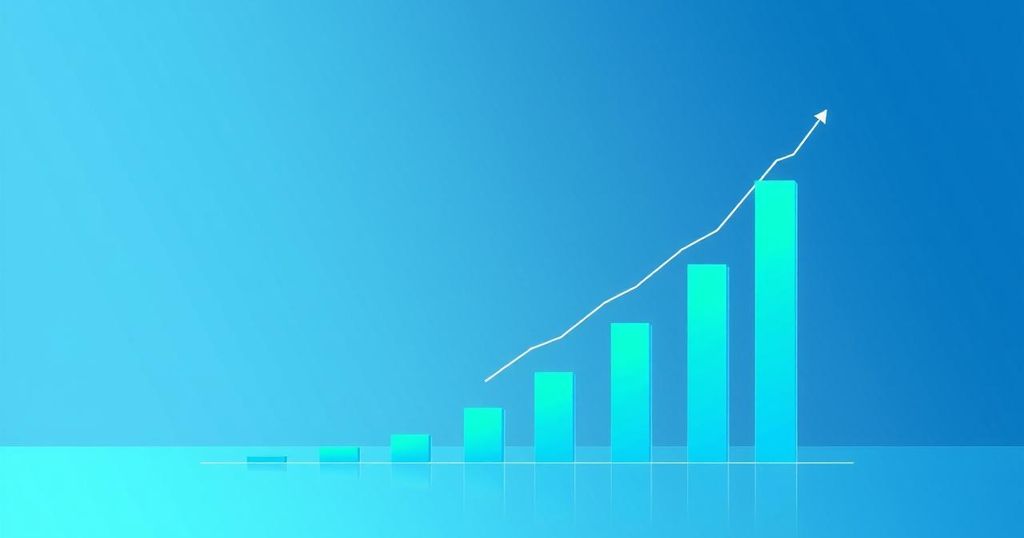In February 2025, Nigeria’s debt service payments decreased from $540 million to $276 million. This reduction is part of government efforts to restructure debt and stabilize the economy. In contrast, Letters of Credit issued rose by 48%, indicating a recovery in trade. Concerns over rising debt levels and the need for fiscal discipline persist.
In February 2025, Nigeria’s total debt service payments notably fell to $276 million from $540 million in January 2025, according to the Central Bank of Nigeria (CBN). This decrease reflects ongoing federal government efforts to restructure its debt portfolio, enhance dollar liquidity, and alleviate pressure on the foreign exchange market. The published figures underline the significant impact of debt obligations on Nigeria’s external reserves and overall fiscal health.
The rise in Letters of Credit (LCs) indicates a surge in trade transactions. In February 2025, LCs stood at $95.6 million, representing a 48% increase from the $64.6 million recorded in January. This trend signals a recovery in import activities as businesses adapt to the volatile naira exchange rate alongside trade stabilization policies by the government.
Since the beginning of his administration, President Bola Tinubu has reported a reduction in Nigeria’s revenue-to-debt service ratio from 97% to 65% within 17 months. The federal government is actively engaging with global lenders and investors to alleviate the country’s mounting debt burden. Additionally, the CBN has prioritized stabilizing the naira while managing its external commitments.
The Debt Management Office (DMO) revealed that in the first half of 2024, Nigeria’s debt service payments had surged by 69%, totaling N6.04 trillion, in contrast with N3.58 trillion from the same period in 2023. This increase is attributed to naira devaluation affecting foreign debt repayments, intensifying the government’s financial strain. The World Bank has voiced concerns regarding rising debt service costs in developing nations, with Chief Economist Indermit Gill warning of potential widespread financial crises without immediate action.
Experts suggest that higher oil revenues, enhanced tax collection, and strategic debt restructuring are vital for maintaining reduced debt service payments in the future. Nevertheless, the soaring total debt stock raises concerns over the necessity for strengthened fiscal discipline to avert further excessive borrowing.
In summary, Nigeria’s February 2025 debt service payments experienced a significant decline, reflecting government efforts to address fiscal sustainability and manage external obligations. Conversely, the increase in Letters of Credit indicates a recovery in trade activity amidst ongoing challenges. While the government focuses on stabilizing revenue-to-debt service ratios, concerns over rising total debt and required fiscal discipline remain paramount to ensure economic stability.
Original Source: nairametrics.com






